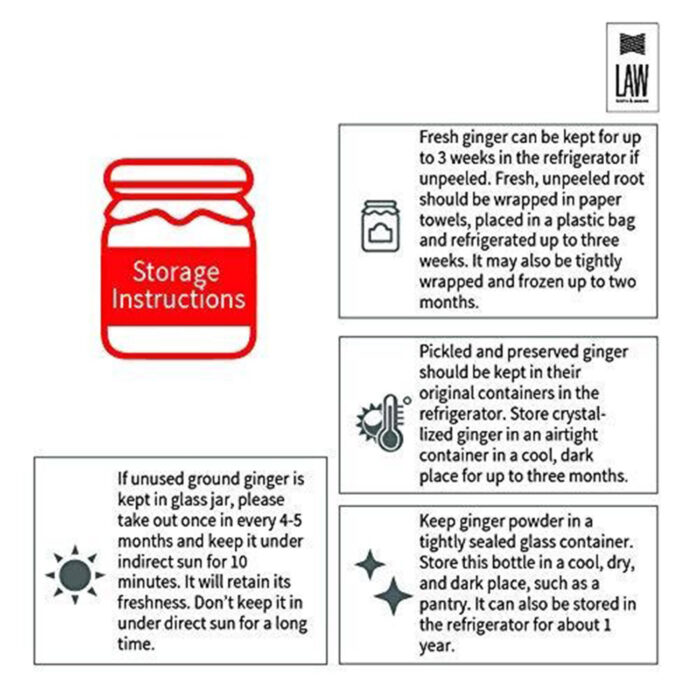Practical Ways to Make Sugar Efficiently in 2025
As the world continues to evolve, the methods and processes for producing sugar have become increasingly sophisticated. The year 2025 marks a pivotal moment in the sugar industry, where sustainable practices, improved technology, and efficiency take center stage. Understanding how to make sugar and the intricacies of the sugar production process is crucial for both producers and consumers alike. From sugar cane processing to sugar beet processing, the methods have transformed significantly, ensuring not only higher sugar yields but also a minimal environmental impact.
In this article, we will explore the modern techniques of sugar manufacturing, focusing on the crystallization of sugar, the importance of refining methods, and alternative sweeteners. This will include insights into sugar extraction methods, sugar syrup production, and the factors influencing sugar texture and consistency. By the end, you will have a comprehensive overview of the sugar industry’s trends, nutritional impacts, and the future of sugar production.
Key takeaways will cover essential sugar processing techniques that promise sustainable practices within the industry. Let's delve deeper into the fundamental aspects of sugar making, its health implications, and exploration of sugar as a culinary delight.
Understanding the Sugar Production Process
Building on the importance of sugar in our culinary practices, understanding the sugar production process is foundational. At its core, the production methods for sugar can be categorized into two primary sources: sugar cane and sugar beet. Each type has its own unique extraction techniques, yielding different qualities of sugar.
Sugar Cane Processing Techniques
Sugar cane processing is one of the oldest methods of sugar extraction, dating back thousands of years. The juice is extracted from the cane through mechanical crushing, followed by clarification to remove impurities. This juice is then concentrated through evaporation and crystallization, resulting in raw sugar. The benefits of using sugar cane include not only the flavor profile but also its ability to produce high-quality molasses, which can be utilized further in food applications.
Sugar Beet Processing Overview
Conversely, sugar beet processing involves slicing beets and soaking them in hot water to extract the sugar. This leads to a clearer, lighter product usually referred to as granulated sugar. The sugar beet industry faces its own advantages, such as efficient growth in temperate climates. However, the refining process necessitates careful monitoring of sugar purity levels to ensure the final product meets industry standards.
Crystallization and Refinement of Sugar
Crystallization of sugar is a critical step that significantly impacts the final product's taste and texture. Through cooling and seeding methods, sugar crystals form and grow, which can then be separated for purity assessment. Implementing modern technological advancements in crystallization processes can improve the efficiency of sugar production, making it a topic of interest in industry innovations.
The refining stage follows crystallization, where impurities are removed, and the sugar’s flavor profile is enhanced. The ability to achieve high levels of sugar concentration while maintaining quality is a hallmark of successful sugar refining methods today.
 example.com/image2.png
example.com/image2.png
Innovative Techniques for Sugar Extraction
With these basics established, let's explore innovative techniques that have emerged in recent years for improving sugar extraction efficiency. These advancements play a role in enhancing not only the yield but also the quality of the final product.
Sugar Extraction Methods Explained
Modern sugar extraction methods utilize various technologies to optimize yield and minimize waste. From enzymatic processes to thermal extraction techniques, these methods focus on breaking down cellular structures while maintaining the integrity of the sugars. This allows for more effective extraction in significantly less time than traditional methods.
Environmental Considerations in Sugar Production
A paramount aspect of the evolving sugar industry is the focus on environmental sustainability. Sugar production techniques are increasingly aiming to reduce carbon footprints and water usage. By integrating sustainable practices in sugar crop cultivation and processing, producers can promote a healthier ecosystem while still meeting consumer demand.
Sugar Substitutes and Alternatives
As we move further into the discussion on sugar production techniques, it's essential to consider the increasing market for sugar substitutes and their impact. Natural sweeteners derived from plants and other alternatives are becoming increasingly popular as health awareness grows. Understanding their production and application is crucial for both consumers and manufacturers, helping to shape the future of sugar in different cuisines.
 example.com/image3.png
example.com/image3.png
Health Implications of Sugar Consumption
Taking this concept further, health implications of sugar consumption remain a pressing topic. With rising concerns over sugar intake and its association with health conditions like obesity and diabetes, understanding sugar's nutritional value is critical.
The Role of Sugar in Nutrition
While sugar is often vilified, it is an important source of energy for our bodies. Sucrose, glucose, and fructose play various roles as energy sources, affecting metabolism differently. However, consumers are becoming more educated about sugar labeling and its health implications, which drives demand for lower sugar alternatives and transparent production practices.
Advancements in Healthy Sugar Options
The emergence of sugar alternatives like organic sugars and high-fructose options are changing the way consumers perceive sweets. These alternatives can sometimes provide the same sweetness profiles without the same caloric impact. Understanding their application in baking or cooking can profoundly affect dietary choices, promoting healthier eating habits.
Tracking Sugar Consumption Patterns
Monitoring sugar consumption patterns allows producers to adjust strategies in the market. With trends leaning towards more natural and less processed sugar options, the sugar industry must adapt to accommodate health-conscious consumers. This includes responding to sugar taxes and regulations designed to reduce sugar consumption, reflecting changing public perception and consumer values.
Maintaining Quality in Sugar Production
As we delve deeper into sugar industry standards and processes, maintaining quality throughout the sugar production process is vital. Quality control measures ensure the production of sugar that meets consumer expectations and regulatory requirements.
Quality Assessment Techniques
Effective quality assessment methods include testing sugar purity levels, assessing sugar crystallinity, and ensuring that production standards align with consumer expectations. Monitoring these factors ensures that the final product is both nutritious and enjoyable.
Implementing Technology in Quality Control
Incorporating technology into sugar processing can improve quality control measures significantly. Automation in sugar production can lead to more consistent results without the variability often present in manual processing methods. Implementing these technologies helps producers maintain product integrity while increasing efficiency.
Ethical Sourcing and Production
As consumers become more conscientious about their purchases, ethical sourcing practices gain traction in the sugar industry. Transparency about production methods and sustainable practices can enhance brand trust and customer loyalty. Producers that demonstrate responsible practices are better positioned to thrive in a competitive market.
The Future of Sugar Production
Looking forward, the future of sugar production revolves around sustainability and innovation. Understanding market trends not only prepares producers for changes but ensures they remain relevant in a rapidly evolving marketplace.
Market Trends and Innovations
Exploring sugar market trends reveals a growing demand for sustainable practices within the industry. With innovations in sugar processing and a focus on ethical sourcing, producers are setting new benchmarks for quality and sustainability.
Consumer Preferences and Sweetener Dynamics
As consumer preferences shift towards healthier and more sustainable sweeteners, how producers adapt to these changes will define future success. Engaging with communities to educate on sugar types and offering options that align with health trends will be paramount.
Concluding Thoughts on Sugar’s Role in Society
As we conclude this exploration of practical ways to make sugar efficiently in 2025, it is clear that sugar's role in society is complex and multifaceted. By embracing new technologies and sustainable practices, the sugar industry can meet consumer demands, support health initiatives, and ensure a thriving market for the future.
```